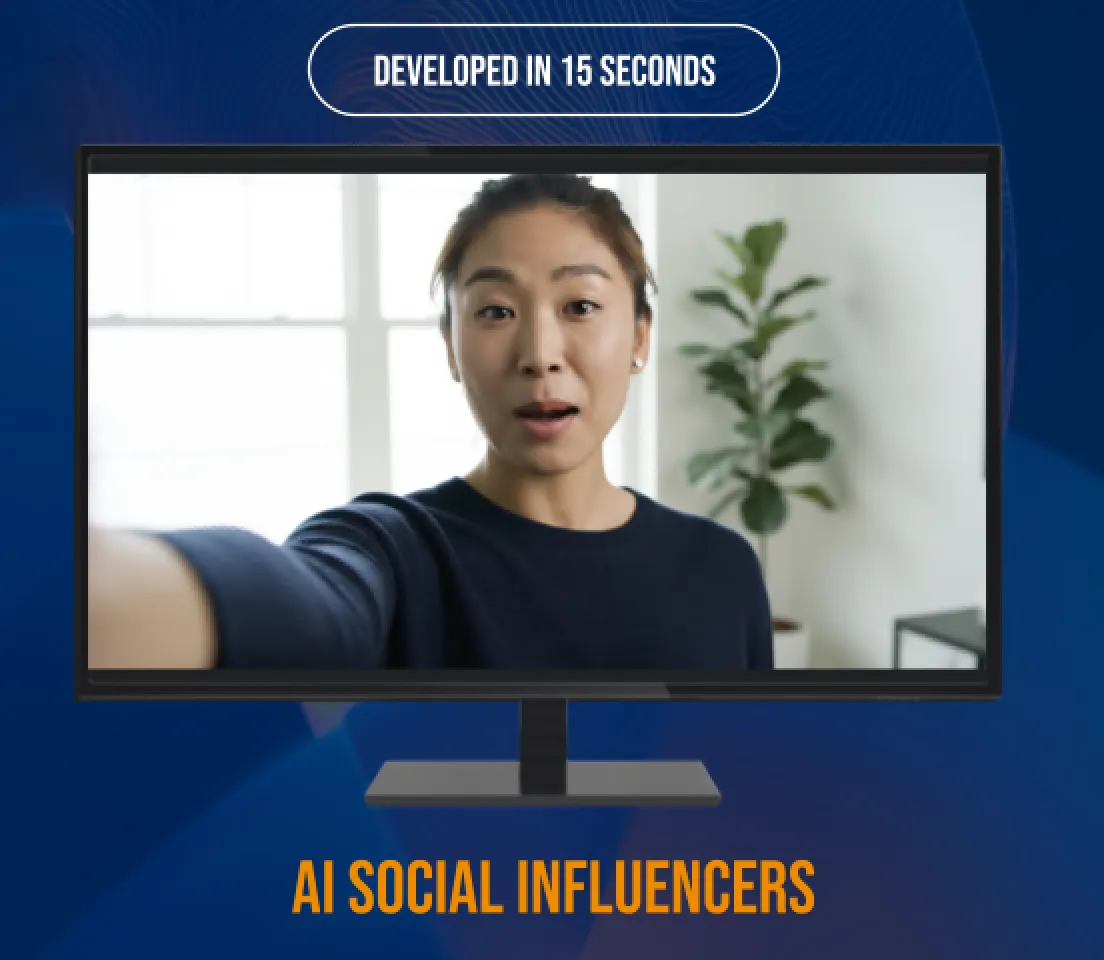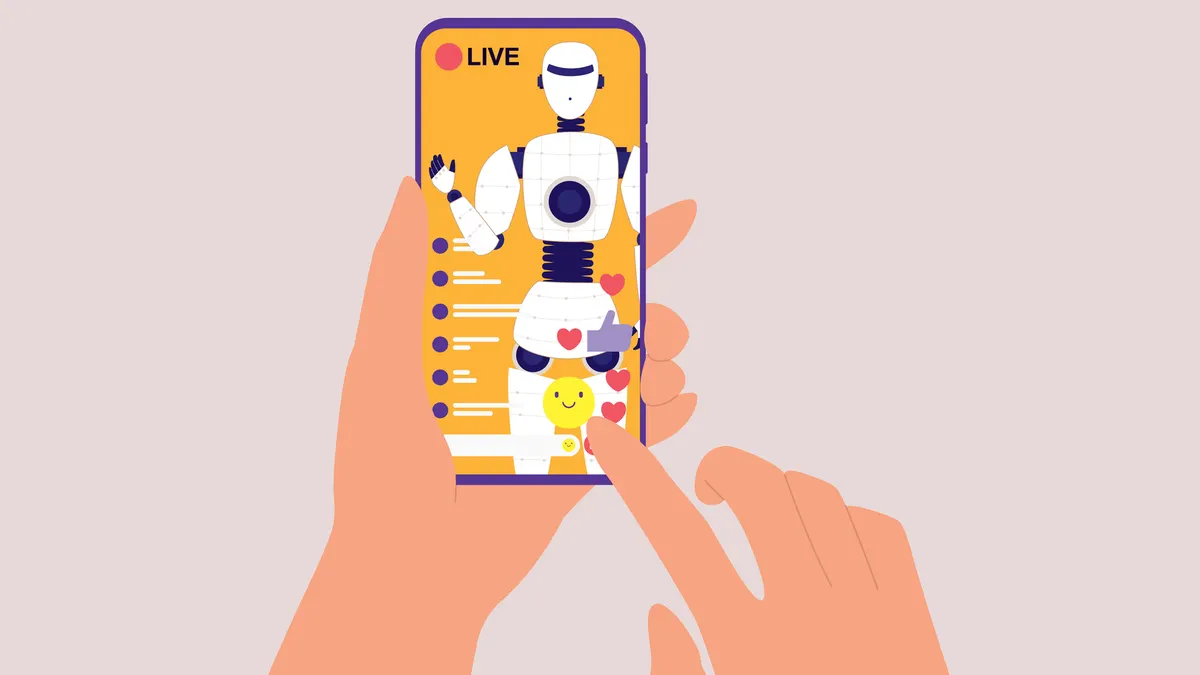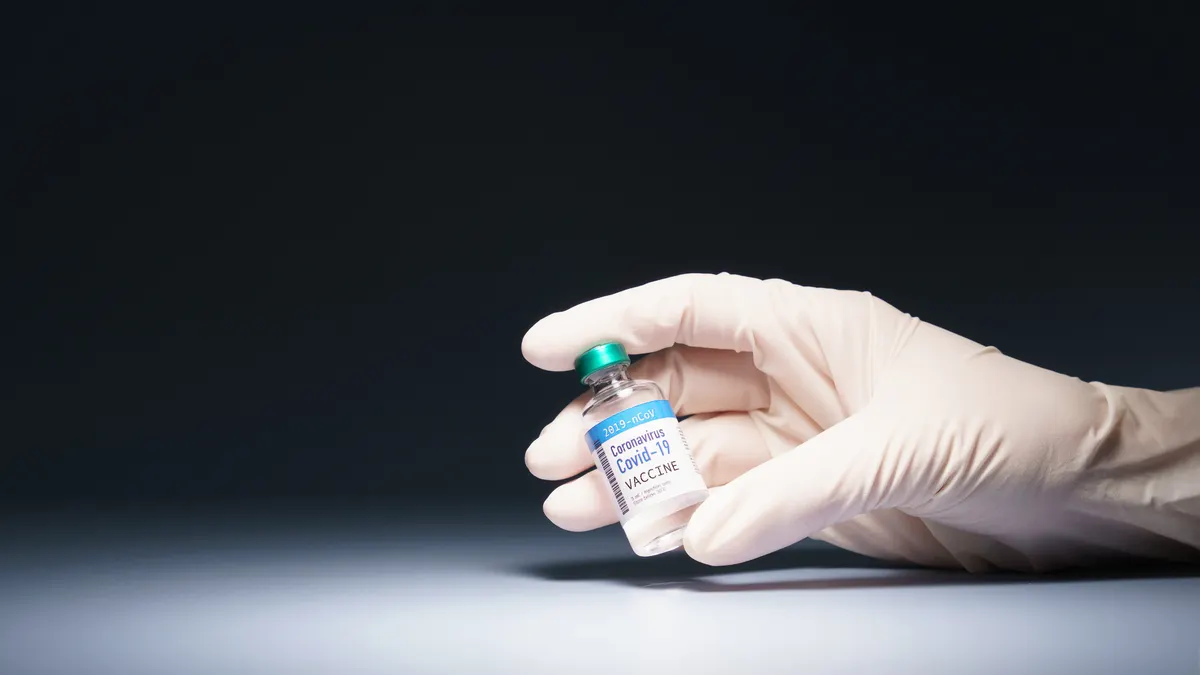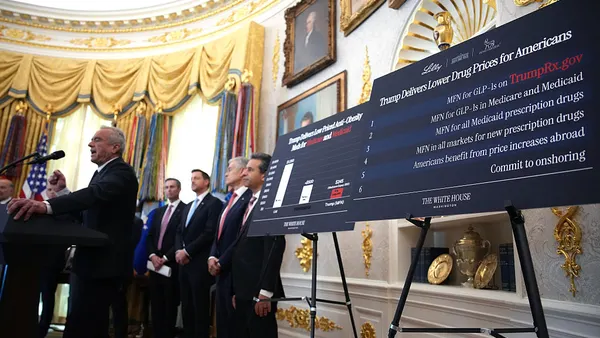With TV ads and direct-to-consumer marketing under fire in pharma, the industry needs a new way to reach patients. Cue the influencers.
“Social media influencers are a big play for pharma in the future,” said Faruk Capan, chief innovation officer at Eversana and CEO of Eversana InTouch.
A parade of celebrities has graced pharma ads in recent years. Pop star Lady Gaga became the face of Pfizer’s campaign to sell Nurtec ODT, while tennis star Serena Williams teamed up with AbbVie to promote a different migraine drug, Ubrelvy.
But the new ideal influencer isn’t just always “famous,” Capan said. Instead, they should be “more altruistic.”
“[Influencers] should have more health-related expertise,” Capan suggested. “[It may be] people who only have a few thousand followers, but are more critical [to the industry].”
Now, influencers with those specific criteria can be generated from AI.
“We built one of the first AI social media influencers in pharma,” Capan said.
Eversana unveiled a new marketing platform earlier this year designed to deliver end-to-end commercialization services through AI agents trained in omnichannel development, market strategy, branding and content creation. Called Agency AI, the platform was created in partnership with technology titan Google Cloud and can whittle a year’s worth of agency work into minutes, the company claims.
It's also part of an emerging push to leverage agentic AI — an ideal fix for burdensome and repetitive tasks across the industry. In the clinical trials space, for example, Medable recently rolled out a platform powered by AI agents that monitor data submission, flag potential errors and communicate directly with sites about needed information.

And because agentic AI is relatively new for pharma, a bevy of use-cases remains largely untapped.
After analyzing 270 workflows from 1,200 tasks in the life sciences, McKinsey recently estimated that 75% to 85% of the work could be augmented by AI agents.
If a company implements Agency AI, the workflow shifts will amount to 80% of tasks being generated by AI, with humans in the loop for the remaining 20%.
“We didn’t build this to replace or cut people, but the reality in the market is that clients want efficiency,” Capan said. “AI won’t replace you, but people using AI will.”
But alongside the efficiencies pharma can gain from AI, the technology is also giving rise to potential hurdles.
AI’s thorny new era
AI’s steady creep into marketing has triggered a host of ethical concerns for drugmakers. A social media influencer that’s outed as being fake, for example, could erode public trust in the industry — already a long-standing challenge.
Questions also remain over the legal accountability for AI-generated content if it’s later accused of or found to be being misleading.
The Federal Trade Commission last year took aim at the issue with rules banning AI-generated consumer reviews and testimonials that “misrepresent the experience of the person giving it.”
The FTC isn’t the only agency becoming more hostile toward marketing practices. Drug regulators are also on the case.
The FDA in September launched a broad “crackdown on deceptive drug advertising” that includes plans to target companies that “conceal critical safety risks.” The agency called out social media for being part of the problem by leveraging “undisclosed paid influencer promotion” and blurring “the lines among editorial content, user-generated media and pharmaceutical advertising.”
While the FDA didn’t mention AI specifically — except to say the agency will be using AI to review drug ads — it promised to “aggressively deploy” all of its “enforcement tools” to ensure drugmakers aren’t misleading the public.
How can pharma stay out of regulators’ crosshairs? Marketing pros generally suggest that companies clearly disclose when content is sponsored and when it’s generated by AI.
The Agency AI platform will also be updated monthly or quarterly to help keep companies in compliance, Capan said.
“The technology is not a problem — it’s about compliance and making sure [companies] know which changes they are going to face,” Capan said.
Data safety, especially for intellectual property, is also a chief concern for pharma when using new platforms. But Capan pointed to Salesforce as an example of a massive platform that’s proven it can keep sensitive information under a digital lock and key, and said the company developed AI Agency with security top of mind.
“You have your own playground on the platform and [data] doesn’t go outside of it and become a bigger issue,” Capan said. “We have a lot of safeguards.”











